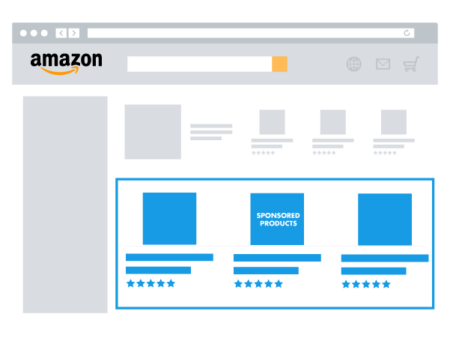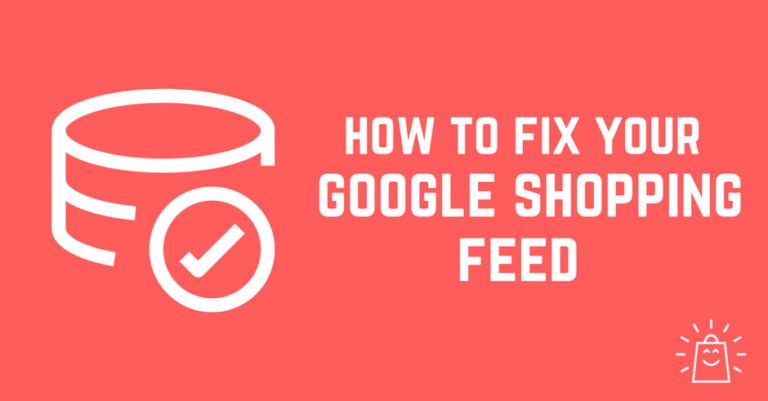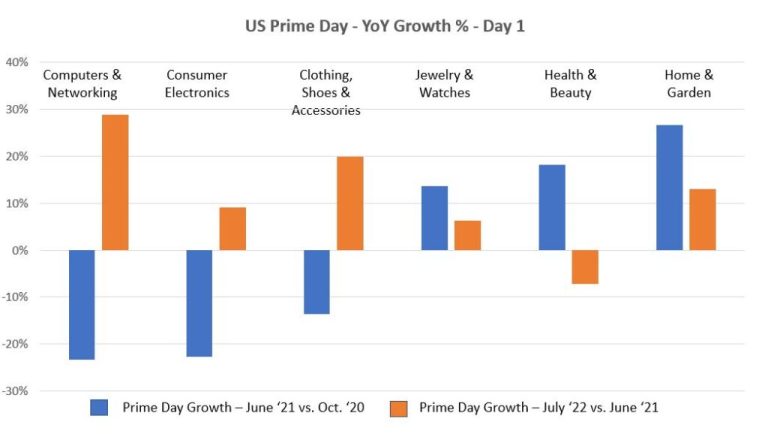People trying to launch an Amazon FBA business spend a lot of time getting things in order. They wear many hats and do whatever it takes to see their venture succeed. From sorting and packing items themselves to driving all over town to secure a supplier, owners do it all.
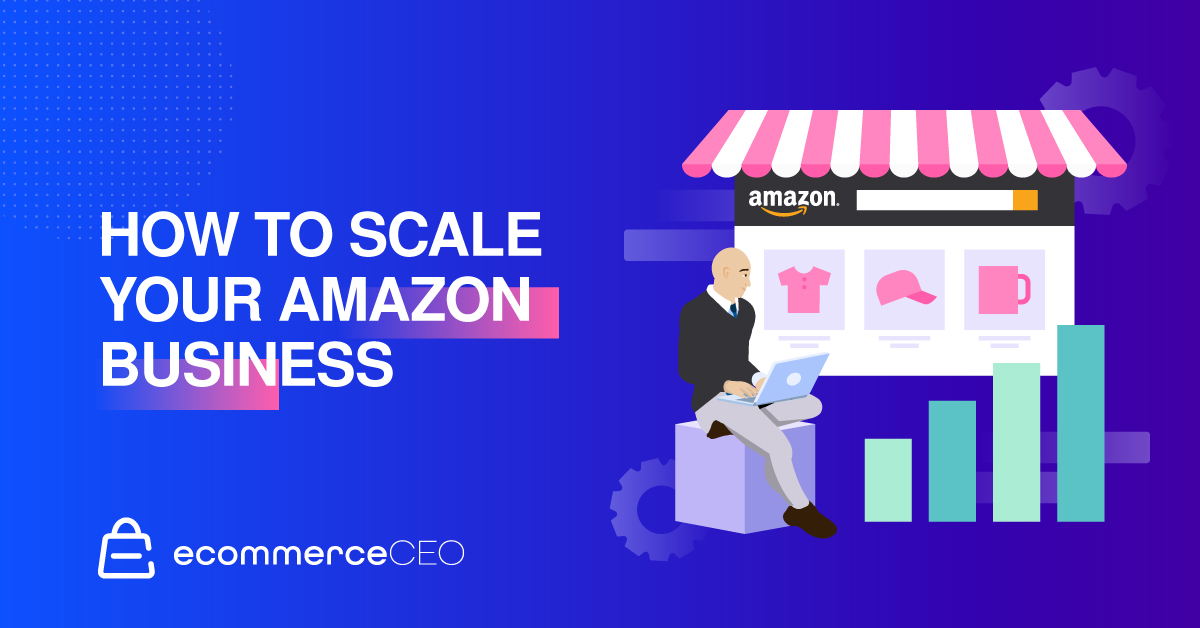
How to Scale Your Amazon Business
Business owners work hard to get things up and running. But when you see ROI, it’s time to step back and analyze how to drive more growth. Often, what makes the most sense is for owners to offload work to another person, like a dedicated virtual assistant.
Delegating tedious but important tasks gives them more time to scale their business. If you have an existing business or e-commerce store, here are some ideas to help you scale.
Delegating tedious but important tasks gives them more time to scale their business. If you have an existing business or ecommerce store, here are some ideas to help you scale.
Build a Presence Across More Platforms
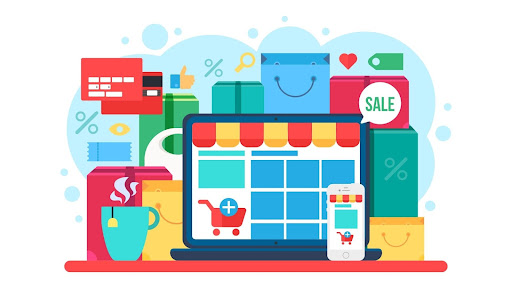
What’s great in ecommerce is that you aren’t limited by geography, unlike with a physical shop. If you are successful with a competitive marketplace like Amazon, you can do well on eBay, Etsy, and other marketplaces.
One drawback with platforms other than Amazon is the lack of a managed fulfillment service like FBA. But you could still use Amazon fulfillment for orders gained through different marketplaces. If you already have your own fulfillment system, scaling across platforms should be a breeze.
Delegate Repetitive, Process-Oriented Tasks
To keep an FBA business running, you’ll have repetitive and time-consuming tasks. You’ll also have less frequent tasks, such as inventory management and product category research, that are important.
Business owners can’t spend too much time on things like this to scale operations. Customer service, bookkeeping, and product listing maintenance shouldn’t be your responsibility.
While these things keep your business running, they take time. If you can afford it, hire a dedicated ecommerce virtual assistant.
Getting a VA frees you up for high-impact action items. With a VA, you can analyze ad campaigns and sales goals, make adjustments, and do more market research.
Invest in your Amazon Business’ Brand
No matter how successful your Amazon business is, you need an online presence elsewhere. By being on Amazon, you’re associated with its brand. The same rule applies to other ecommerce marketplaces.
It also means these companies can pull the plug on your business at any moment—it doesn’t matter how big your market is.
Build Your Own Platform
Also, staying on Amazon means settling for an incomplete picture of your market. If you stay on this platform, you won’t have direct access to most customer information. So, protect your income and your business by having an independent space.
Building your own platform makes it easier to scale your FBA business. You can also leverage many new opportunities not available to an Amazon seller.
Create a Website for Your Ecommerce Business
Having your own website bolsters your brand authority. It shows people that you’re a legitimate, trustworthy business. You can also gain more customers and access other markets, expanding your existing customer base.
Today, it’s easy to create and launch your own ecommerce website. Shopify is a great ecommerce platform. It allows anyone to create a high-quality website at just $30/month. Read our Shopify review to learn more.
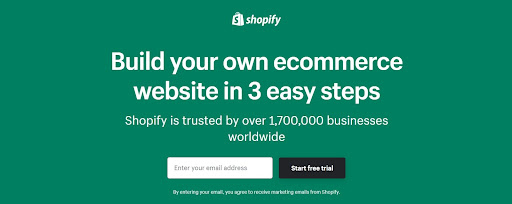
You could also go with the WordPress-based WooCommerce platform. With WooCommerce, you spend even less (domain and hosting cost only) for a nice ecommerce store. Our WooCommerce review gives you an in-depth look at what using the platform is like.
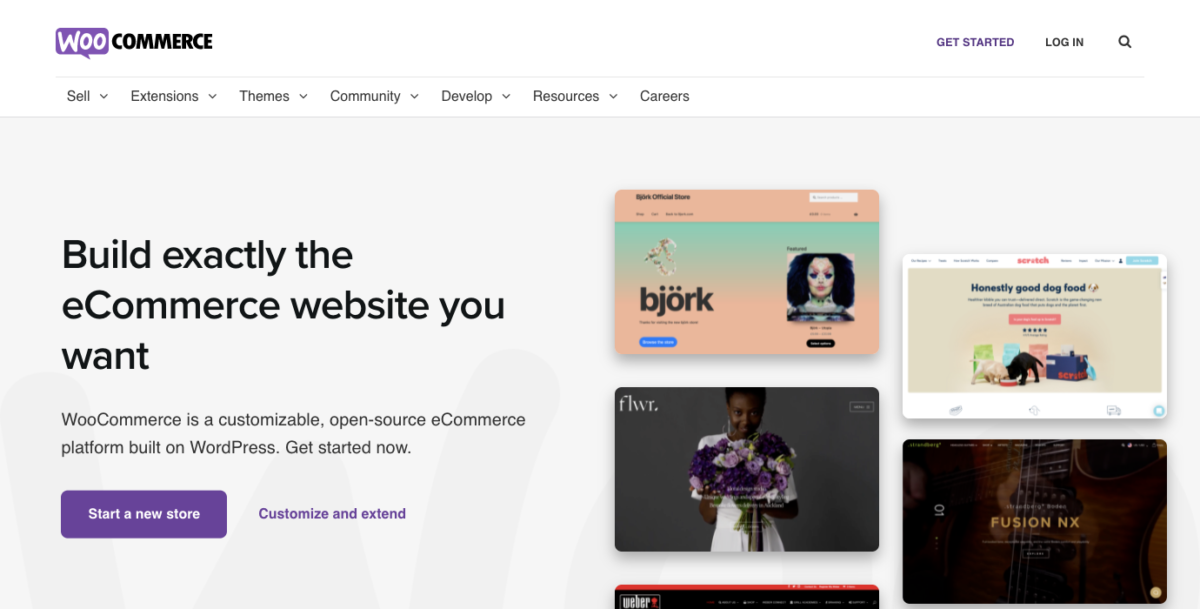
Create an Email Marketing Funnel on Your Website
With your own business website, you can capture visitors’ emails. Set up the right tracking tools on your website, like UTM codes and Google Tag Manager. You’ll have a better idea of who purchases on your website when you do. You’ll know where they’re coming from and what their email addresses are.
Don’t underestimate email! It’s one of the most important assets you could have for increasing your sales. When you have mailing lists, you can retarget customers who had purchased from you once in the past. Email lists also let you explore lookalike audiences on Facebook.
Run Advertising Campaigns for Your Business
Having a business online is not enough to gain customers. Today, the most profitable markets are also the most crowded. You need to do more than link people to your website if you want to turn a profit. You must invest in brand visibility and digital marketing as well.
Promote your business whenever possible. Engage your existing customers on social media. Tap into new audiences with relatable, informative, and entertaining content.
To capture a potential customer’s interest, you need:
Targeting multiple audiences expands the possibility of people noticing your products.
When you do well with digital marketing, you gain a broader audience. This means a more extensive customer base, with more potential sales.
Expand into More Amazon Markets
Another way to scale your Amazon FBA business is to break into more Amazon markets.
U.S.-based business owners can easily expand into Mexico and Canada. You don’t need to change a lot about your current fulfillment setup.
Expanding to Amazon Europe or Amazon UK requires more research. You must know the best fulfillment setup and tax regulations.
Many FBA business owners avoid going international. The idea that other countries have complicated regulations is scary.
Yes, there’s work, but it’s possible. Use the Amazon Global Selling guide to start your research.
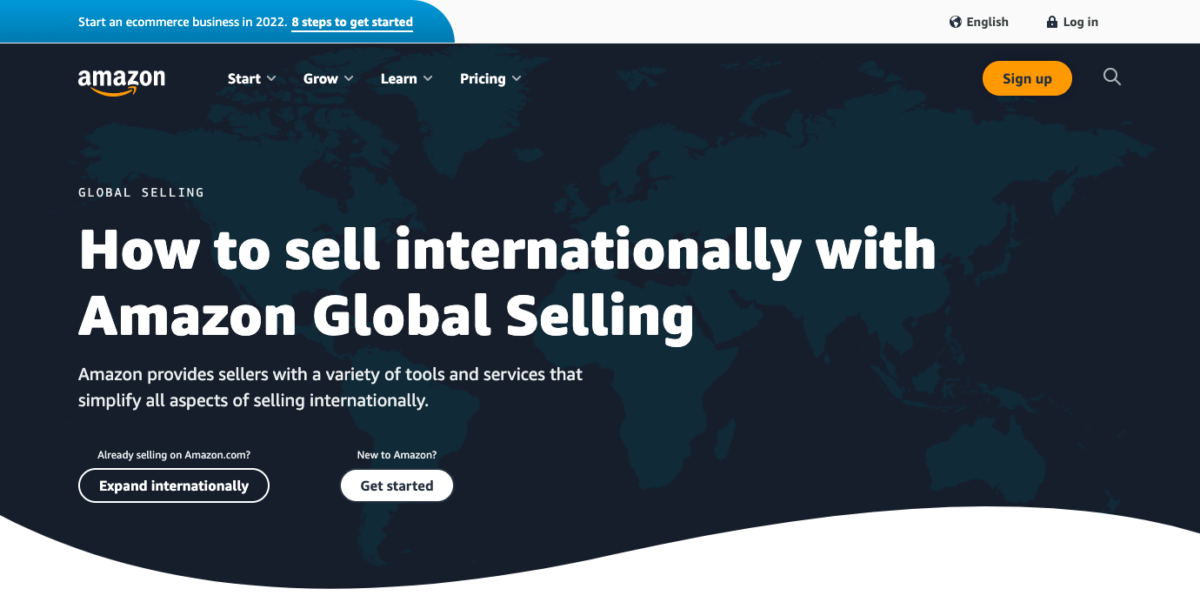
Sell Wholesale and Get Distribution Partners
If you’ve focused on retail selling in the past, consider selling wholesale. This lets you cater to consignment services or third-party vendors, whether online or offline. These places could feature your products in their stores.
When you sell wholesale, you’re likely to have repeat purchases in the form of small-scale retailers and drop shippers. As long as you keep enough stocks of your items, and if your products are popular, you’ll see consistent movement in your inventory.
Where to Start with Wholesale Selling on Amazon
Amazon sellers can start by activating wholesale selling with Amazon FBA and creating a wholesale/dealer section on your website. You could also sign up on websites like Faire.com, which allows retail businesses to buy directly from brands/wholesalers with low MOQ.
Additionally, you could explore getting placed in brick-and-mortar retail stores by connecting with distribution networks and partners. When marketing an e-commerce brand, you should also invest in an offline presence. Being in physical stores allows you to do that.
Start Affiliate Marketing
Once you’re done with your ecommerce website launch, consider having an affiliate program. According to Statista, U.S. affiliate marketing spend will reach $8.2 billion in 2022.
It’s no surprise–even back in 2017, as many as 40% of US merchants had cited affiliate marketing as their primary channel for acquiring new customers.
What is Affiliate Marketing?
If you’ve gotten some return on your investments, it makes sense to include affiliate marketing in your growth strategies. In this type of marketing, a business rewards third parties like influencers, thought leaders, and other companies who can bring in new customers for them.
Why Start an Affiliate Marketing Program for Amazon FBA Sellers?
Having an affiliate marketing program in place lets you leverage other businesses’ audiences without having to invest too much effort building or reaching out to them.
Allow affiliates to sign themselves up on your website and promote your products for a commission. If you are on Shopify or WooCommerce, you could set up an affiliate program for less than $200 per year. The investment will quickly pay for itself if your affiliates successfully bring in new customers.
Start Dropshipping for Third-Party Brands
Another way to scale your business, besides wholesale selling, is to start dropshipping for other brands. A large portion of Amazon sellers are dropshippers—they don’t ship or store the products they sell. Instead, they rely on third-party suppliers who handle fulfillment on their behalf.
What is Dropshipping?
Dropshipping is an order fulfillment method where sellers do not maintain a physical inventory. With this method, a seller uses fewer resources but can still profit since they essentially act as middlemen between buyers and retailers.
Why Should Amazon FBA Sellers Become Dropshippers?
Becoming a dropshipper for other brands presents you with various opportunities to grow. When you drop ship for other brands, each new product from their catalog becomes something you can market to your existing audience as well. It’s even possible to build a successful Amazon FBA business with a catalog full of dropshipped products.
Before you start dropshipping, however, it’s crucial to get clear on your goals. Are you exploring the growing market for a specific product? Perhaps you’re riding a seasonal increase in demand? Or want to offload your inventory?
Also, consider joining platforms like Oberlo.com and Spocket.co as a supplier. They can connect you with dropshipping businesses at scale and enable more sales.
Offer Round-the-Clock Customer Support
Offering real-time, round-the-clock customer support can be costly. You would usually need more than one person to ensure coverage across your business hours. However, it’s also one of those things that quickly elevates your brand and makes people trust you more.
Why Should I Offer 24/7 Customer Support?
Consumers appreciate it when they can speak with a representative from your company. No matter what time they call, there should be someone they can talk to. You’ll have a much higher conversion rate with a representative than without.
One way to bypass high costs and still provide quality customer support is to get a managed virtual receptionist. A managed service offers round-the-clock coverage through a dedicated team. It means you don’t have to worry about training and onboarding assistants.
Start Focusing on Retention
Finally, one surefire way of seeing growth in your Amazon business is to focus on retention. Convincing people to try new products and services is more challenging than turning them into repeat buyers.
If you want to scale your business, you have to be sure that you’re doing great at serving your existing base. Unfortunately, this is becoming more difficult as Amazon keeps shrinking the amount of customer data they share with sellers.
In any case, always try to retain the customer information you receive from Amazon or other ecommerce platforms. Use your customer database and understand what they do and do not like about your brand. Activate email marketing campaigns and start discussions about their concerns (and actually listen).
Use Other Ways to Keep People Buying
Include flyers, coupons, or deals in your product packaging. There are several reasons to do this. First, it encourages repeat sales. It also drives visits to your e-commerce website and product reviews. Consider starting a loyalty or rewards program as well. Frequent buyers would appreciate getting perks for their loyalty.
These things create ripple effects. People want to rave about things that make their lives easier.
It Takes Time to Build a Successful Business
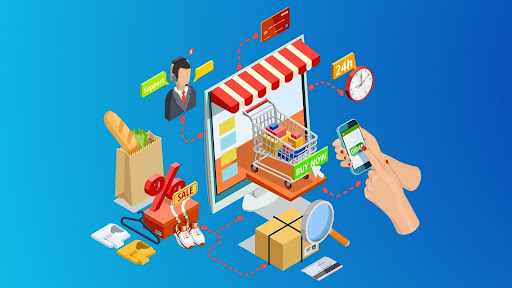
And there you have it—9 things you can do to launch and boost growth in your Amazon FBA business. In a nutshell, scaling your growth is about tapping into new markets. But you must do this without sacrificing product or service quality.
Easier said than done, true. But it’s achievable, especially if you have a proper launch strategy, a solid foundation, and an eye for what people want to buy now!



